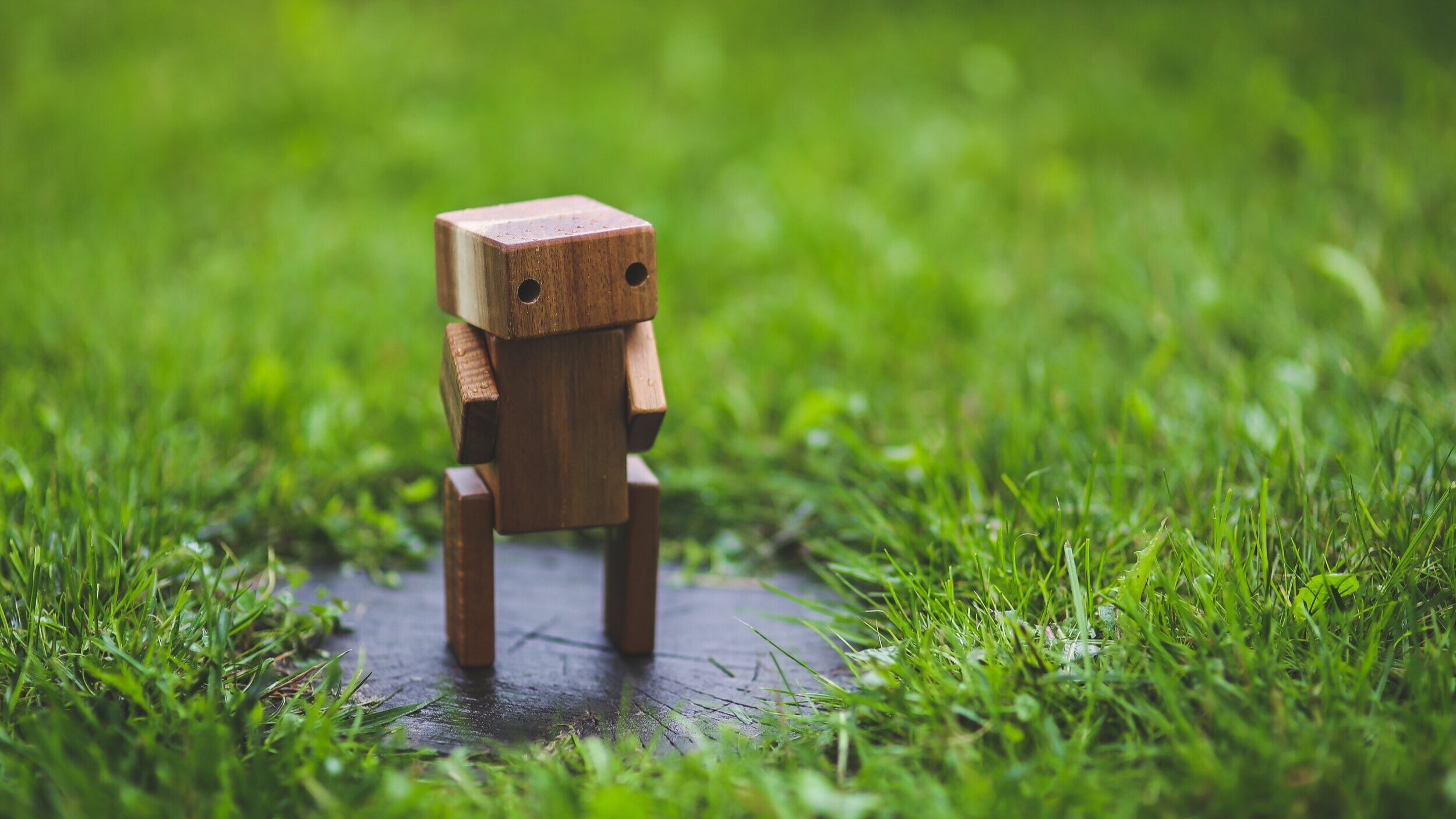The CRISPR diet - drop the pounds, not the puddings
No stranger to controversy, "CRISPR", the gene-editing technique has been let loose on one of Western society's biggest health issues; obesity. In a recent article from the New Scientist it seems a team of researchers from Harvard University have been able to use DNA editing to change "bad fat" cells into "good fat" [or "fat burning"] cells and, in their case allowing mice to "avoid weight gain and diabetes when on a high-fat diet".
A phenomenal achievement and just one of no doubt many potential applications for CRISPR - when you're dealing with DNA there's not a lot that would be considered un-touchable - at least from a practical perspective. What still remains outstanding though is the ethics around the use of the technology.
Initially touted as a potential miracle-cure for any number of diseases, there is still no evidence of any long-term affects that gene editing may have on an individual during a lifetime, and that's before looking at the bigger question of "should we" be making these changes at all. While there has been resistance to the idea of editing genes of human embryos, there are live trials underway for the treatment of cancer and the use of the technology for helping those with terminal diseases seems ethically sound.
So where is the line drawn? At what point does editing the genome become morally problematic? Is it a question of age of consent, that an embryo should not be modified even if there are known genetic defects that can be avoided using the technique? Or is it a question of how the technique is applied, that certain applications would qualify as morally acceptable while others fall outside of "reasonable"? It may seem obviously that editing DNA to prevent diseases such as muscular dystrophy, but should that editing extend to enhancing the subject's muscular development to produce a super athlete?
As with many applications of medicine, there is a need for trials and a deeper understanding of the application of this type of "treatment" but more than anything there is need for discourse. Rarely are completely rounded opinions formed by a set of individuals with similar backgrounds. It shouldn't be just on the scientists developing these techniques to consider or suggest how they should [or shouldn't] be applied.
Rather than reactionary committees being summoned once disaster strikes, always on the back-foot; it is on everyone to push for things to be discussed earlier in the process so everyone has a chance to voice an opinion and have their questions answered.


